TEHRAN(Bazaar) – Tariq Raouf, former Director General of the Atomic Energy Agency says, Enrique Mora, in my view, is acting now as a proxy of the US and not as an independent EU actor, when he asks Iran to sign “now” the new deal on restoring the JCPOA without the IRGC being removed from the sanctions list. In fact, Mora’s statement in plain silly and unrealistic.
He adds that “Recent comments by U.S. officials suggest that the Biden administration might be hesitant to remove the designation because it shares the view that the Quds Force, a branch of the IRGC, is a terrorist group.”
What follows is the full text of the Bazaar News Agency’s conversation with Tariq Raouf about Deputy Secretary General of the European External Action Service (EEAS), Enrique Mora’s possible visit to Iran.
“Enrique Mora, in my view, is acting now as a proxy of the US and not as an independent EU actor, when he asks Iran to sign “now” the new deal on restoring the JCPOA without the IRGC being removed from the sanctions list. In fact, Mora’s statement in plain silly and unrealistic.
Recent comments by U.S. officials suggest that the Biden administration might be hesitant to remove the designation because it shares the view that the Quds Force, a branch of the IRGC, is a terrorist group.
Gen. Mark Milley, chairman of the Joint Chiefs of Staff, told the Senate Armed Services Committee on April 7 that he did not support removing the Quds Force from the foreign terrorist organization list. The next day, Jalina Porter, State Department deputy spokesperson, said that “the president shares the chairman’s view that IRGC Quds Forces are terrorists.”
The delays caused by the dispute over the IRGC sanctions is creating space for opponents of restoring the JCPOA to build pressure against a deal in Washington and Tehran.
Conservative lawmakers in the Iranian Parliament have stated that the draft text of the deal violates Iran’s redlines because it does not provide the guarantees Iran is looking for on sanctions relief. In an April 10 letter to Iranian President Ebrahim Raisi, 250 members of Parliament said that a return to the JCPOA requires legal guarantees that the United States will not violate the deal in the future.
But parliamentary opposition will not pose a serious obstacle to a return to the JCPOA if Iranian Supreme Leader Ali Khamenei approves the agreement. Khamenei said on April 12 that the Iranian negotiating team “resisted” the “excessive demands” of the United States and its JCPOA negotiating partners and talks are “going ahead properly.”
The Biden administration is also facing domestic opposition. Members of Congress will likely have a 30-day window to vote to approve or disapprove any agreement reached to restore U.S. and Iranian compliance with the JCPOA under the 2015 Iranian Nuclear Agreement Review Act. A vote of disapproval from the House and Senate would prevent Biden from lifting sanctions.
Biden is likely to retain enough support for restoring the JCPOA to stave off a vote of disapproval by both houses of Congress, but a close vote will likely undermine confidence in a restored nuclear deal.
The IAEA Board meeting will be during the week of 6th June and the deadline is nearing for Iran to resolve the four safeguards issues as agreed in Tehran in March. The EU and US are prepared to put up a resolution against Iran if the safeguards matters are not resolved by the beginning of June.”

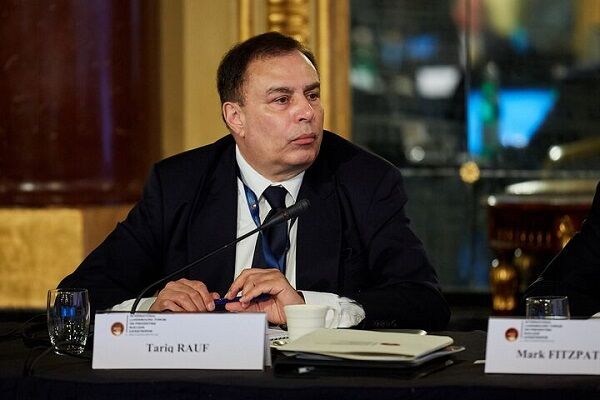






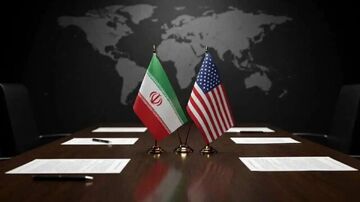
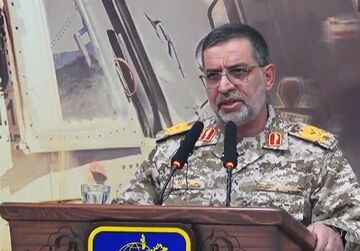

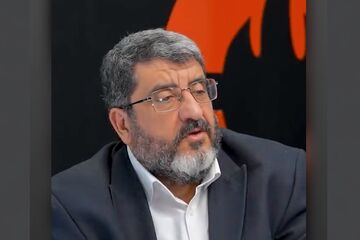


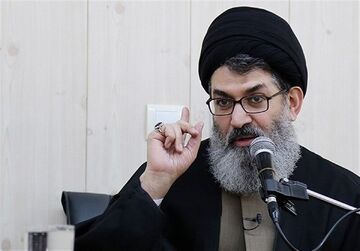

نظر شما